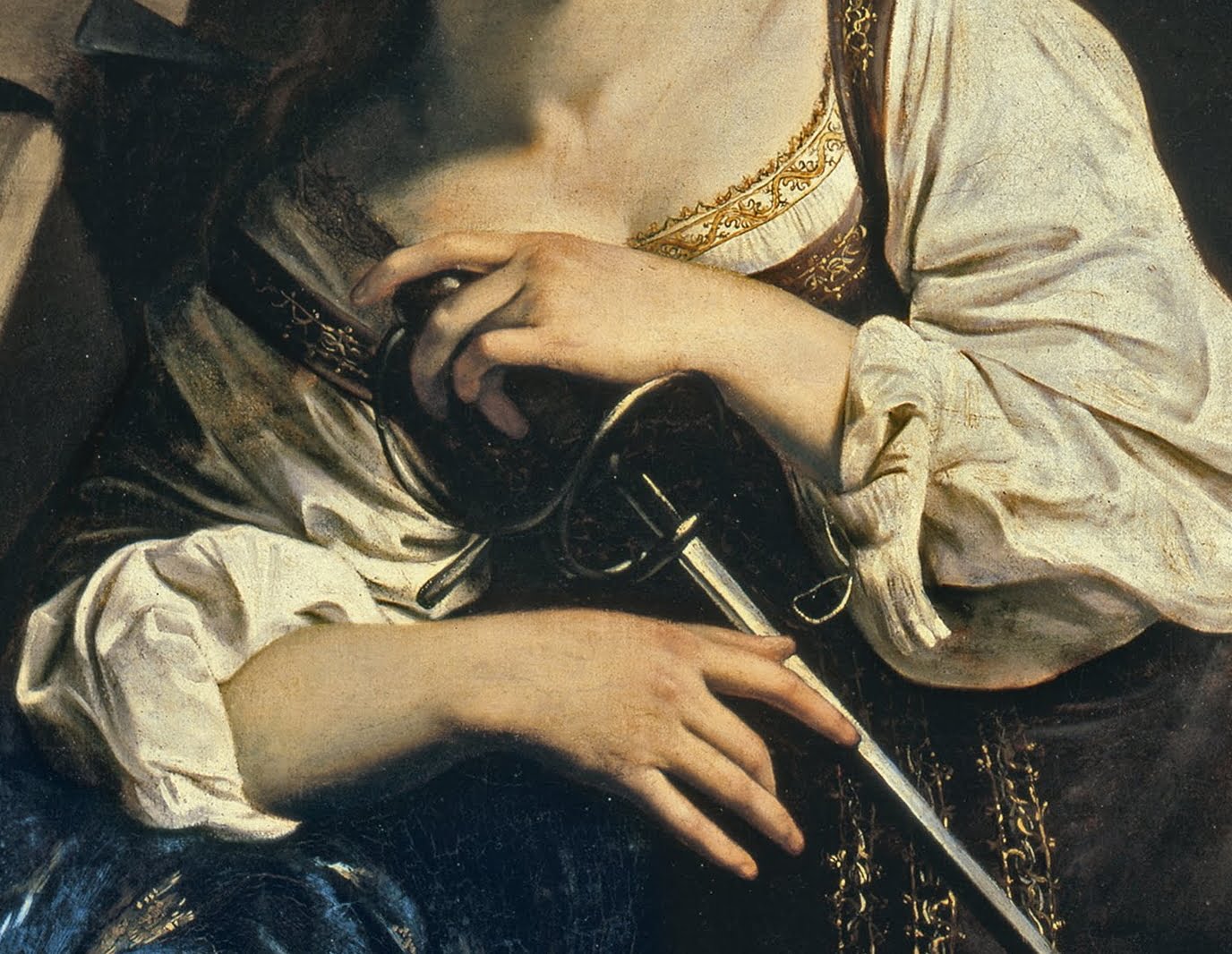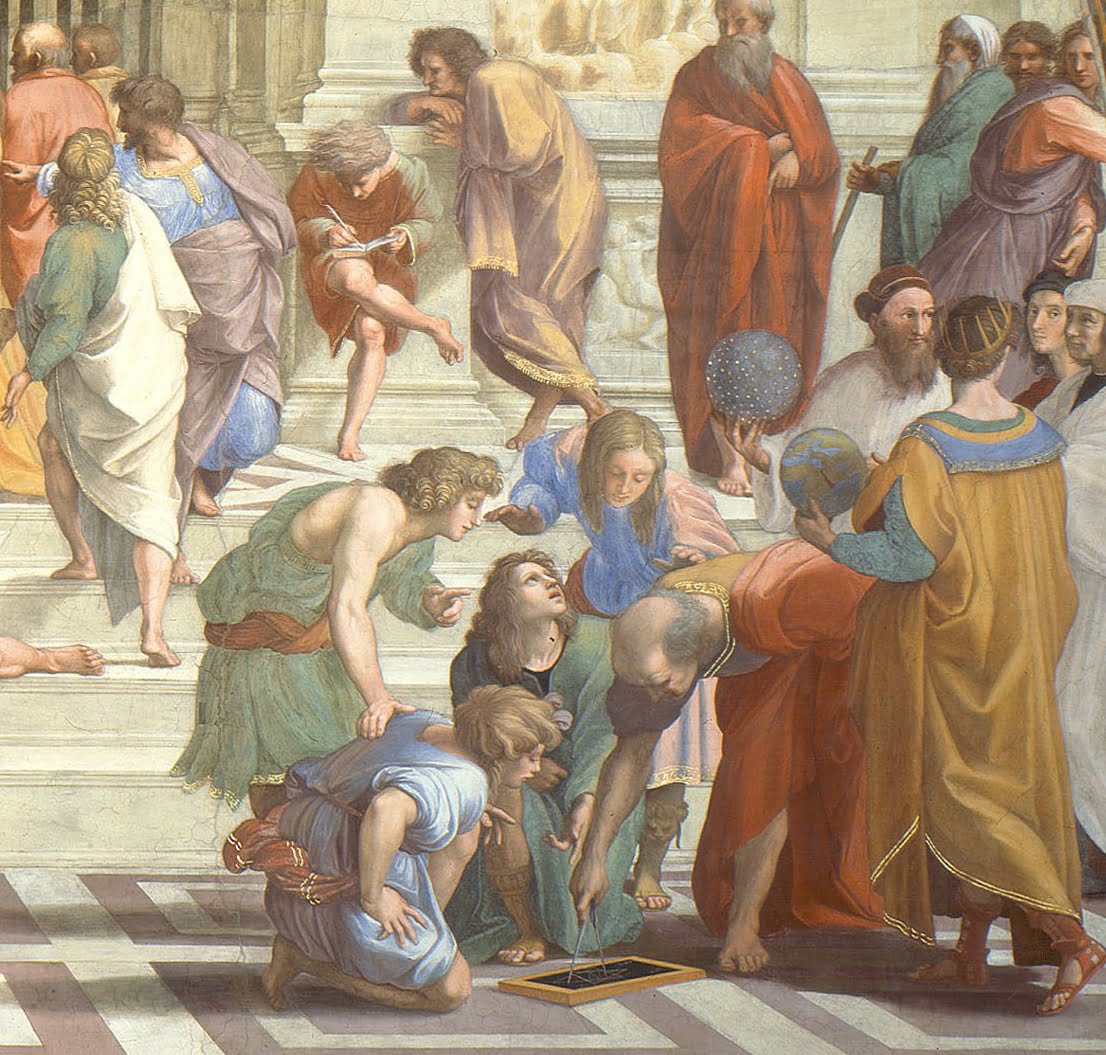In France, the Renaissance is generally considered to be the period from the discovery of America by Christopher Columbus (1492) to the death of Henri IV (1610).
What changes ? Let’s compare with the above. We can imagine a society where what is is not challenged by what could be. This society would be that of the Middle Ages. It is a society that is based on a set of very specific beliefs and customs.
Now, at the turn of the 15th century, all over Europe, people are beginning to say to themselves: we have always done this way; but why not do it differently?
In our societies based on innovation, it is hard to imagine, but at that time, breaking with custom often meant excluding oneself from the community. And this brings us to the drama of the Renaissance: the wars of religion . To do differently, or to believe differently, is to challenge the established order. Martin Luther’s criticisms gave rise to a new religious trend and to conflicts with the Catholic religion that will last until the eighteenth century.







